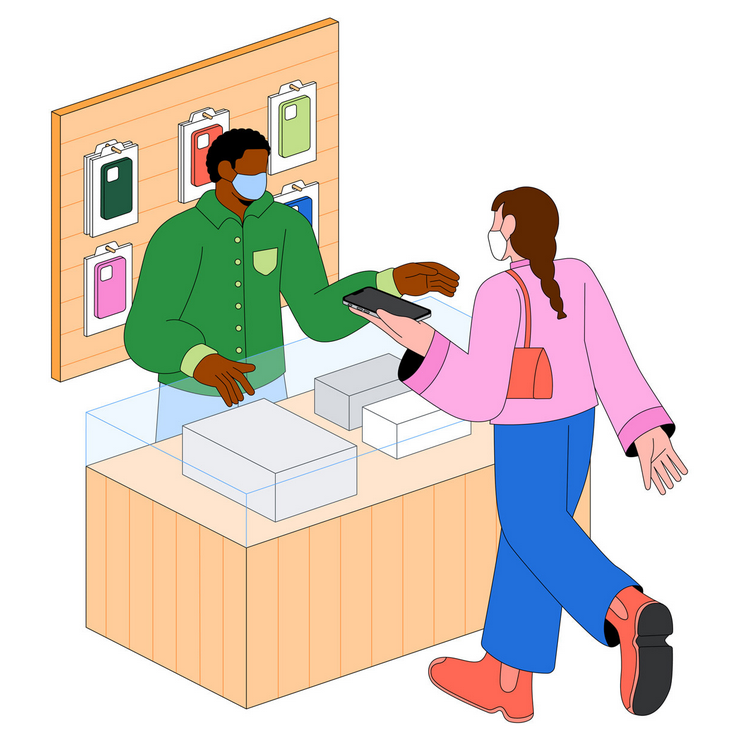Apple announces Self Service Repair; consumers can now get parts and tools to fix their own iPhones

Apple introduced today Self Service Repair which will allow access to Apple genuine parts and tools to customers who don't mind handling their own repairs. The iPhone 12 and iPhone 13 units will be the first Apple products to allow Self Service Repair. That is expected to be followed by Self Service Repair for the M1-powered Macs. The service will be offered in the U.S. starting early next year and will expand to other countries throughout the rest of the year.
Apple customers will be able to repair the battery, display, and camera on their iPhone
Apple customers who take part in Self Service Repair will join the more than 5,000 Apple Authorized Service Providers (AASPs) and 2,800 Independent Repair Providers who have access to the same parts, tools, and manuals. In a post today Apple notes that "The initial phase of the program will focus on the most commonly serviced modules, such as the iPhone display, battery, and camera. The ability for additional repairs will be available later next year."

Instead of going to see an authorized repair center, iPhone owners will be able to make their own limited repairs
Jeff Williams, Apple's chief operating officer (COO), says, "Creating greater access to Apple genuine parts gives our customers even more choice if a repair is needed. In the past three years, Apple has nearly doubled the number of service locations with access to Apple genuine parts, tools, and training, and now we’re providing an option for those who wish to complete their own repairs."
Apple adds that it "builds durable products designed to endure the rigors of everyday use. When an Apple product requires repair, it can be serviced by trained technicians using Apple genuine parts at thousands of locations, including Apple (in-store or by mail), AASPs, Independent Repair Providers, and now product owners who are capable of performing repairs themselves."
According to Apple, "By designing products for durability, longevity, and increased repairability, customers enjoy a long-lasting product that holds its value for years. Apple also offers years of software updates to introduce new features and functionality."
Apple customers will get tools and parts from the Apple Self Service Repair Online Store
Customers should review the repair manual to make sure that they feel comfortable safely performing a repair. If that is the case, the consumer will order the necessary parts and tools using the Apple Self Service Repair Online Store. Customers who return the old part that they replaced for recycling will receive a credit that can be used toward their purchase of parts and tools.
Apple says that the new store will offer more than 200 parts and tools which will allow customers to make the most common repairs to their iPhone 12 and iPhone 13 models. The company notes that over the last three years the number of service locations with access to Apple genuine parts, tools, and training has doubled including 2,800 Independent Repair Providers.
The company has 5,500 global Apple Authorized Service Providers that are set up to help customers repair all Apple devices whether they are covered or no longer covered by the warranty.
Apple was pressured to make this move by the Federal Trade Commission's (FTC) investigation into tech manufacturers' use of restrictions to who can repair its products and when. An example is Apple's use of a microcontroller chip that needed to be included with a replacement display in order for Face ID to work. In other words, Apple tried to force customers to use authorized repair shops by threatening to stop Face ID from working.
Apple is no longer using Face ID as leverage to get iPhone screen repairs done at certain repair shops
But back in July, the FTC made it clear that Apple cannot use Face ID as leverage and the regulatory agency said, "While unlawful repair restrictions have generally not been an enforcement priority for the Commission for a number of years, the Commission has determined that it will devote more enforcement resources to combat these practices."
The FTC added that "the Commission (in 2019) uncovered evidence that manufacturers and sellers may, without reasonable justification, be restricting competition for repair services in numerous ways, including: imposing physical restrictions (e.g., the use of adhesives); limiting the availability of parts, manuals, diagnostic software, and tools to manufacturers' authorized repair networks."
Earlier this month, Apple said that it would do away with its plan to put Face ID at risk when an iPhone screen needed to be repaired. This change of heart will help repair shops that don't have the money to purchase the equipment needed to move over the microcontroller and will allow them to do screen repairs. After all, such work could be quite lucrative for small repair shops.
And today, as we pointed out, Apple introduced Self Service Repair.
Follow us on Google News













Things that are NOT allowed:
To help keep our community safe and free from spam, we apply temporary limits to newly created accounts: